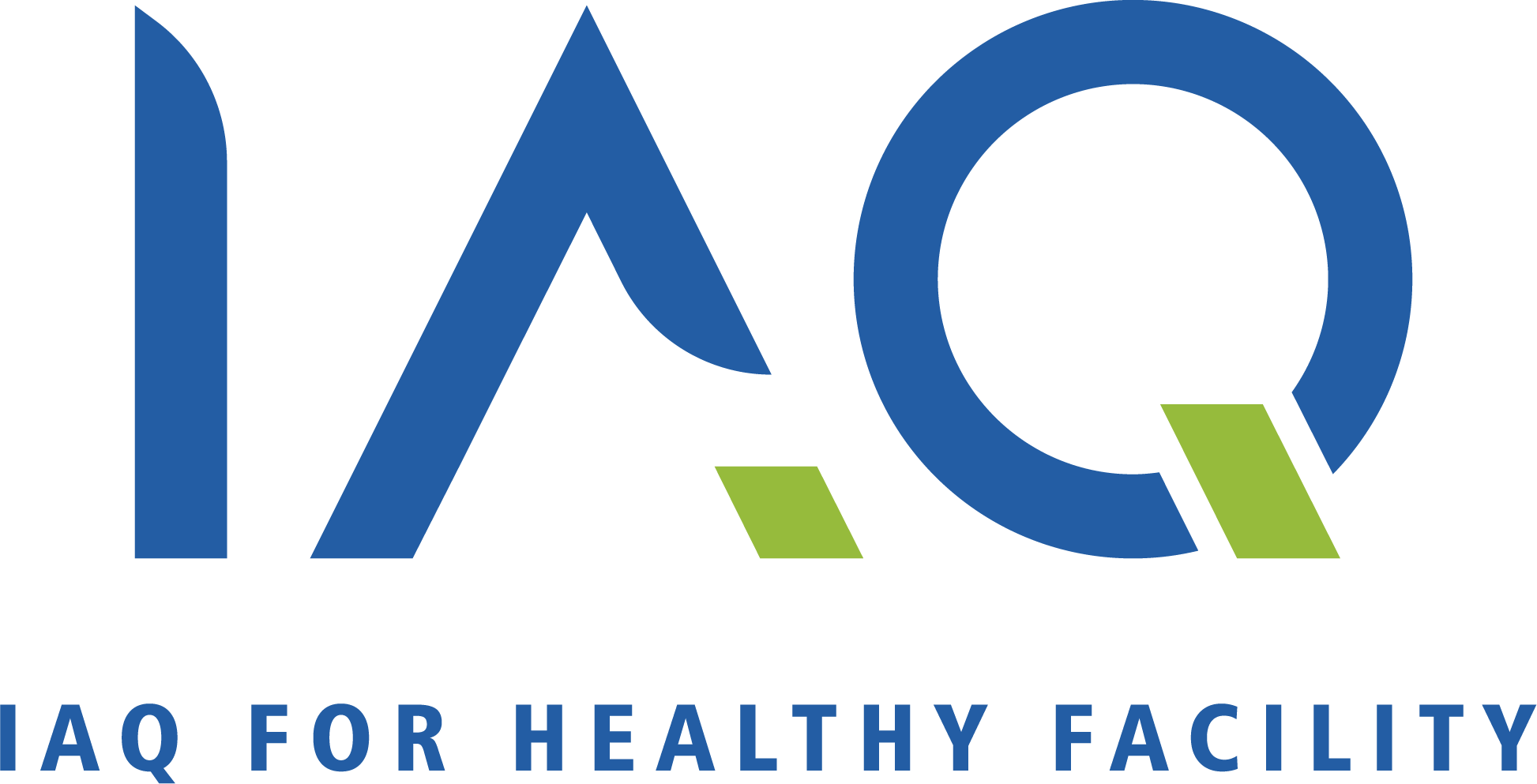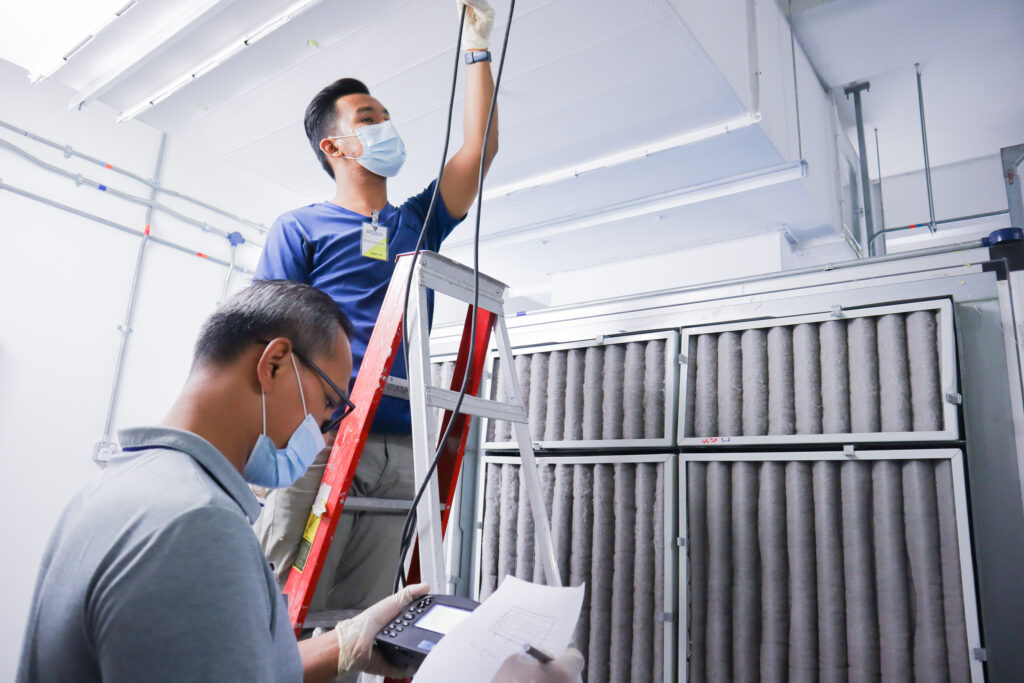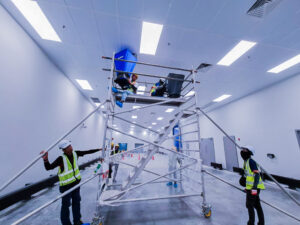Air balancing is a critical process in a building’s HVAC (heating, ventilation, and air conditioning) system that ensures the proper amount of conditioned air is delivered to each area. A properly balanced HVAC system distributes air evenly throughout the building, providing optimal comfort, energy efficiency, and indoor air quality. We’ll look at the importance of air balancing, air balancing solutions, and the top benefits of a balanced HVAC system in this blog.
Importance of Air Balancing
Air balancing is necessary for several reasons:
- Comfort: An HVAC system that is properly balanced can eliminate hot and cold spots in a building, ensuring occupant comfort.
- Energy Efficiency: System balancing ensures that HVAC equipment operates efficiently, which reduces energy consumption and operating costs.
- Indoor Air Quality: An HVAC system that is properly balanced distributes conditioned air evenly, reducing the risk of stagnant air and improving indoor air quality.
Solutions for Air Balancing
There are a few solutions for air balancing in an HVAC system:
- Adjust Dampers: By adjusting the dampers in the system, HVAC professionals can control the airflow to different areas of the building.
- Inspect and Clean Ducts: Clogged or dirty ducts can obstruct airflow, resulting in an unbalanced system. Duct inspection and cleaning can assist in keeping the system balanced.
- Perform Load Calculation: HVAC professionals can perform a load calculation to determine how much conditioned air each area of the building requires.
Top Advantages of a Well-Balanced HVAC System
- Increased Comfort: A well-balanced HVAC system eliminates hot and cold spots, ensuring the comfort of occupants.
- Energy Savings: System balancing reduces the need for overcooling or overheating, which saves a significant amount of energy.
- Better Indoor Air Quality: A properly balanced HVAC system distributes conditioned air evenly, lowering the risk of stagnant air and improving indoor air quality.
- Extended Equipment Life: A well-balanced HVAC system reduces wear and tear on equipment, extending its life and reducing the need for repairs.
- Lower Maintenance Costs: Because a well-balanced HVAC system requires less maintenance, maintenance costs fall over time.
Air balancing is an important process in an HVAC system that ensures maximum comfort, energy efficiency, and indoor air quality. HVAC professionals can balance the system by adjusting dampers, inspecting, and cleaning ducts, and performing load calculations. A balanced HVAC system provides improved comfort, energy savings, improved indoor air quality, extended equipment life, and lower maintenance costs. To maximize these benefits, building owners and managers should prioritize air balancing in their HVAC systems.




